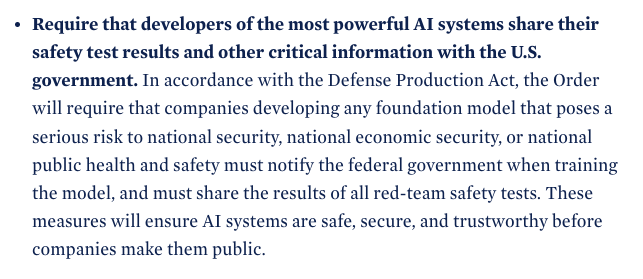Today, I officially resigned from the OpenAI board.
Thank you to the many friends, colleagues, and supporters who have said publicly & privately that they know our decisions have always been driven by our commitment to OpenAI’s mission.
1/5
Thank you to the many friends, colleagues, and supporters who have said publicly & privately that they know our decisions have always been driven by our commitment to OpenAI’s mission.
1/5
Much has been written about the last week or two; much more will surely be said. For now, the incoming board has announced it will supervise a full independent review to determine the best next steps.
2/5
2/5
To be clear: our decision was about the board's ability to effectively supervise the company, which was our role and responsibility. Though there has been speculation, we were not motivated by a desire to slow down OpenAI’s work.
3/5
3/5
When I joined OpenAI’s board in 2021, it was already clear to me and many around me that this was a special organization that would do big things. It has been an enormous honor to be part of the organization as the rest of the world has realized the same thing.
4/5
4/5
I have enormous respect for the OpenAI team, and wish them and the incoming board of Adam, Bret and Larry all the best. I’ll be continuing my work focused on AI policy, safety, and security, so I know our paths will cross many times in the coming years.
5/5
5/5
• • •
Missing some Tweet in this thread? You can try to
force a refresh

 Read on Twitter
Read on Twitter





